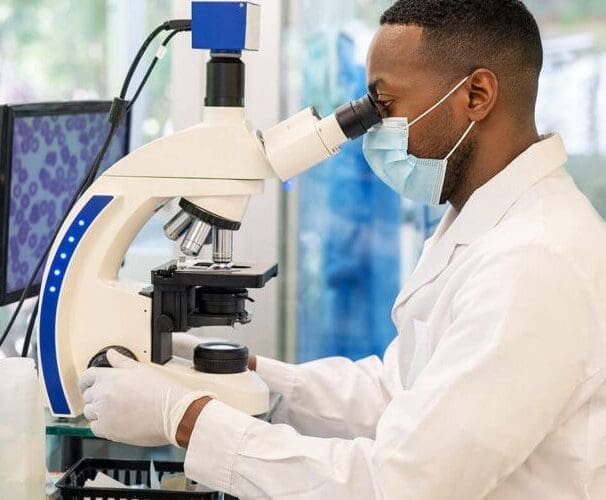HealthProviders DB is a comprehensive database of healthcare providers, including a complete directory of all Cytopathologists.
Pathology Healthcare Taxonomy Code 207ZC0500X
As of today, the following are the total number of Cytopathologists nationally, in your State, and near your location.
Select a State below to view the list by State. Additionally, you can narrow the list by city, among other options, from the Filter Panel, which you can open by clicking the vertical ellipses ⋮ in the upper right corner of the app.
Alaska – Alabama – Armed Forces Pacific – Arkansas – American Samoa – Arizona – California – Colorado – Connecticut – District of Columbia – Delaware – Florida – Federated States of Micronesia – Georgia – Guam – Hawaii – Iowa – Idaho – Illinois – Indiana – Kansas – Kentucky – Louisiana – Massachusetts – Maryland – Maine – Marshall Islands – Michigan – Minnesota – Missouri – Northern Mariana Islands – Mississippi – Montana – North Carolina – North Dakota – Nebraska – New Hampshire – New Jersey – New Mexico – Nevada – New York – Ohio – Oklahoma – Oregon – Pennsylvania – Puerto Rico – Palau – Rhode Island – South Carolina – South Dakota – Tennessee – Texas – Utah – Virginia – Virgin Islands – Vermont – Washington – Wisconsin – West Virginia – Wyoming
Medicare
The following are the total number of Cytopathologists who accept Medicare in your State, the number who have opted out of Medicare, and the total number excluded from participation in Medicare nationwide.
The diagram below shows all the Cytopathologists across the country, represented by blue bubbles. The larger the bubble, the greater the concentration of providers in that area. Red bubbles represent Medicare-excluded providers, with the larger bubbles indicating a higher percentage of excluded providers in that region. You can change the bubble size to be based on exclusions from the Size menu.
What do Cytopathologists do?
Cytopathology physicians, or cytopathologists, are medical doctors who diagnose diseases by examining human cells under a microscope, using techniques like Pap smears and fine-needle aspirations.
They analyze cell samples collected from various body fluids and tissues to identify abnormal cells indicating conditions such as cancer, precancerous changes, or certain infections.
Cytopathologists collaborate with other doctors, perform on-site rapid evaluations, order additional tests, such as molecular studies, and provide diagnoses that guide patient treatment.
Cell Examination: They meticulously review cells from body secretions, fluids, and fine-needle biopsies to detect abnormalities.
Diagnosis: Their goal is to identify cells that are normal, pre-cancerous, cancerous, or indicative of infection.
Procedures: They often perform fine-needle aspirations (FNAs) to collect cell samples and can conduct rapid on-site evaluations to ensure the sample is adequate for diagnosis.
Collaboration: They work closely with clinicians, radiologists, and surgeons to deliver accurate, timely diagnoses.
Diagnostic Support: They provide crucial diagnostic information to support diagnosis, staging, and treatment planning for diseases, including cancer.
Advanced Testing: They may also order and interpret advanced tests, such as immunohistochemical stains and molecular testing, to further characterize the disease.
Common Procedures
Pap Smears: The microscopic examination of cells from the cervix to screen for precancerous and cancerous changes.
Fine-Needle Aspiration (FNA): A minimally invasive procedure using a thin needle to remove cells from lumps or organs, such as the thyroid or lymph nodes.
Body Fluid Analysis: Examining cells from fluids like cerebrospinal fluid, pleural fluid, or urine to detect abnormalities.
Why Their Work Is Important
Patient Care: By providing rapid, accurate diagnoses, they are an integral part of the healthcare team and directly impact patient care.
Early Detection: Cytopathology enables early detection of many diseases, including cancer, allowing prompt intervention and improved patient outcomes.
Treatment Guidance: Their findings provide essential information for physicians to choose appropriate medical or surgical treatments.

